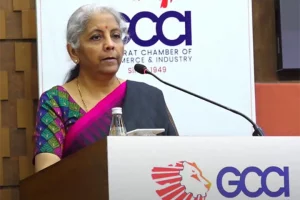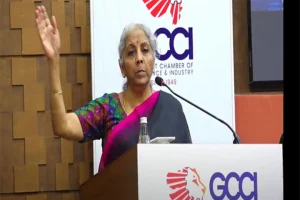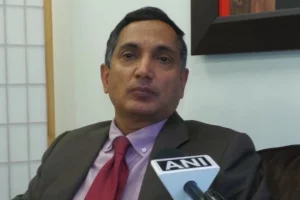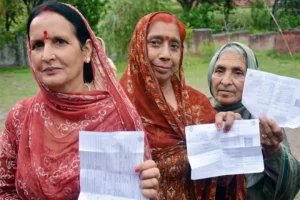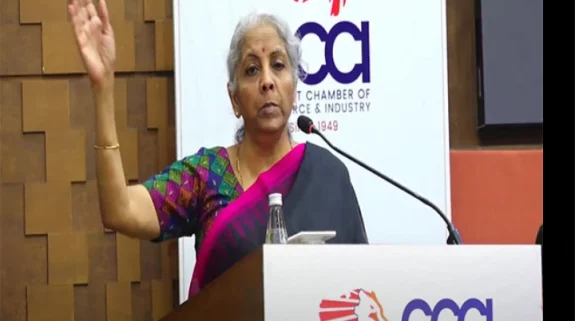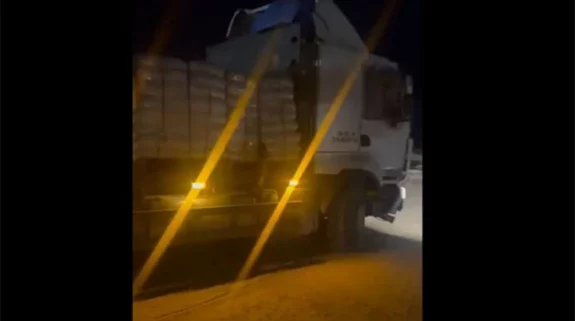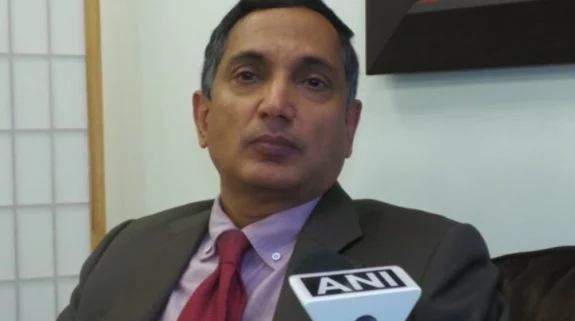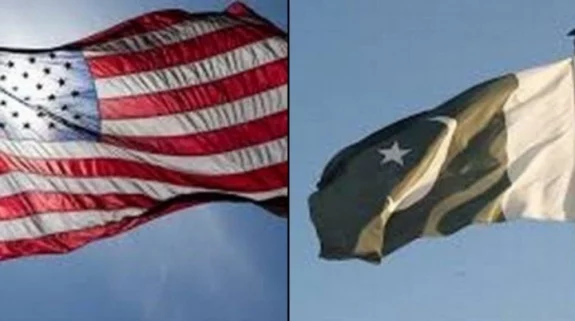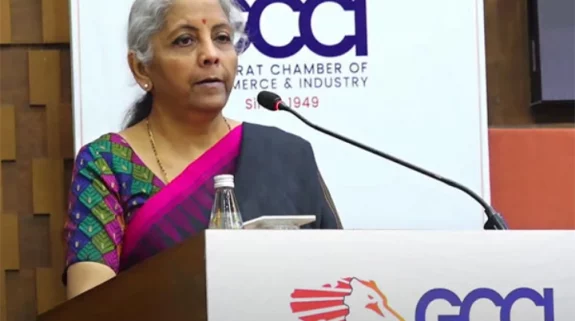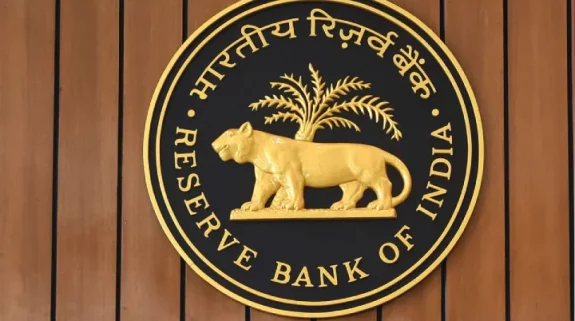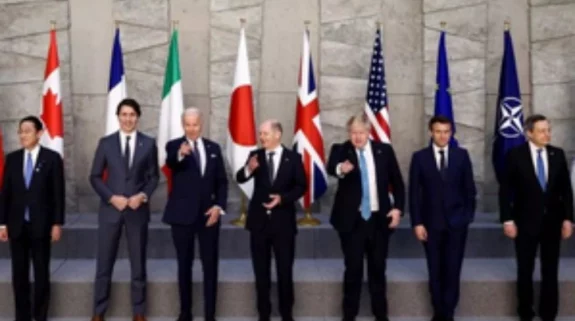https://www.youtube.com/watch?time_continue=23&v=yoXEADCDq9w&feature=emb_logo
The Centre, along with the local authorities of Jammu and Kashmir, is banking on travel and tourism to kick-start the economy of the region while helping it integrate with the rest of the country as the Valley inches closer to commemorating one year of the abrogation of Article 370.
The controversial Article 370 was abrogated on August 5 last year. “It is important to take the local people along in the process of this integration as ultimately it is the civilians in the Valley, who need to feel comfortable with the new order and for that on an immediate basis, tourism is one sector will be our thrust area,” a person familiar with the development told IN.
Industry body Assocham has written to the Centre to set up a J&K Travel Mart—similar to the Kerala Travel Mart—where all stakeholders including the hotel and restaurant owners, shikara vendors and carpet markers, among others, will be taken aboard on one platform.
“The local people there must be involved in thrashing out a concrete holistic plan to promote tourism in the region. We have already sent a plan to create a ‘travel mart’ where all stakeholders can be included so that just like Kerala, J&K can also have its own brand showcasing its unique attractions to woo travelers within and outside the country,” said Subhash Goyal, chairman, Assocham Tourism and Hospitality Council.
Goyal said that the initiative will be rolled out as soon as the country opens up further. Even as the country has started opening up, several restrictions remain for travelers including mandatory quarantine protocols in many states.
According to the J&K Tourism Department, the region received over 499,000 tourists. Of this, about 33,000 were foreigners. However, this was 59.3 per cent less compared to 2018. In 2018, over 841,00 tourists visited the Valley. This included about 56,000 foreigners.
After the abrogation of Article 370, arrival of tourists into the region fell sharply. About 80 per cent of the tourists, who visited J&K in 2019, arrived before August.
Tourism has been one of the main industries in the region. The region incurred a loss of over Rs 17,500 crore in five months after several shutdowns and restrictions were imposed following abrogation of Article 370.
Besides, work related to upgrade of infrastructure, including the construction of the Rambagh Flyover and Phase 1 of Jhelum Flood Project, has been duly completed. The IIT campus in Jammu has also started functioning. Work on setting up a branch of the prestigious All India Institute of Medical Sciences (AIIMS) is underway. The Jammu Ring Road is expected to be completed next year.
The controversial Article 370 allowed special status to the Valley for over 70 years. Barring matters related to defence, foreign affairs, communications and a few others which were specified in the Instrument of Accession of Jammu and Kashmir, the Centre required the approval of the state government for other laws. After the abrogation of Article 370, the Centre bifurcated the state into two Union Territories—Jammu and Kashmir with an assembly and Ladakh without one..






